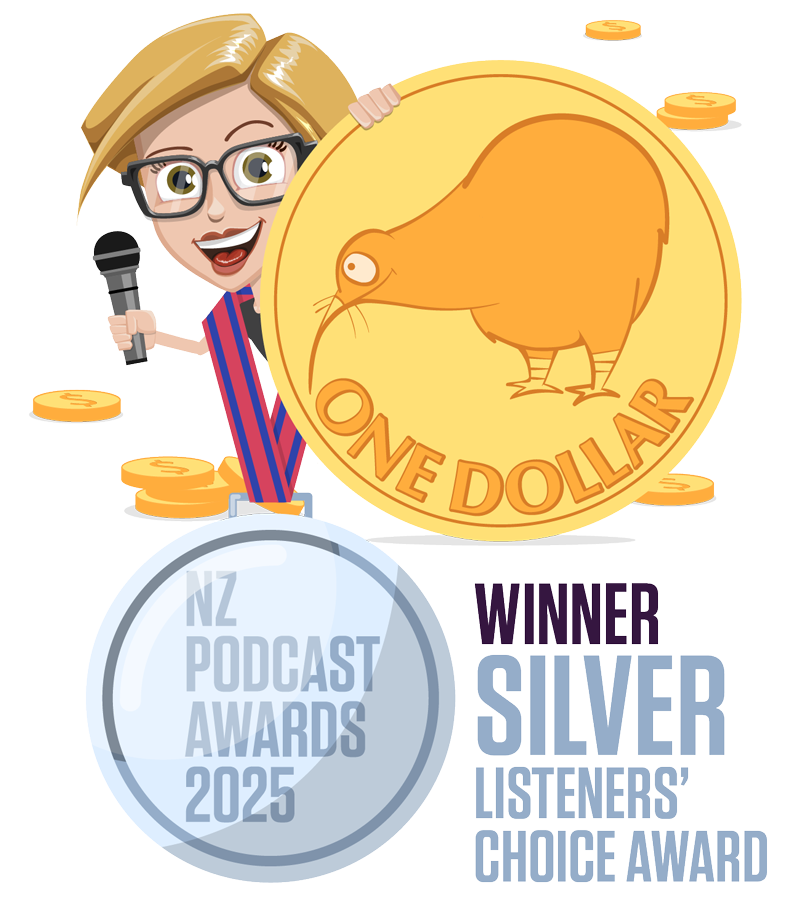Feel free to share with me your blog post ideas or any burning questions you'd like me to address on the blog. I'm eager to hear your thoughts and suggestions!
PROMO CODES and DEALS - The Happy Saver Affiliates - By using an affiliate link, I will receive a very small percentage of any transaction and in just a tiny way it helps support me to keep doing what I do here on the blog and podcast. Click on an affiliate to find out more. Thank you for your support!
Tools + Resources + Promo Codes + Deals
Tools and resources that I have used and thought that you might find useful too.
Would you like to have a chat…
FIND OUT MORE
NET WORTH MILLIONAIRE Q+A
Find out how other Kiwis have achieved financial success.
DEBT FREE QUESTIONNAIRE
Find out how Kiwis have paid off some or all of their debt.

















